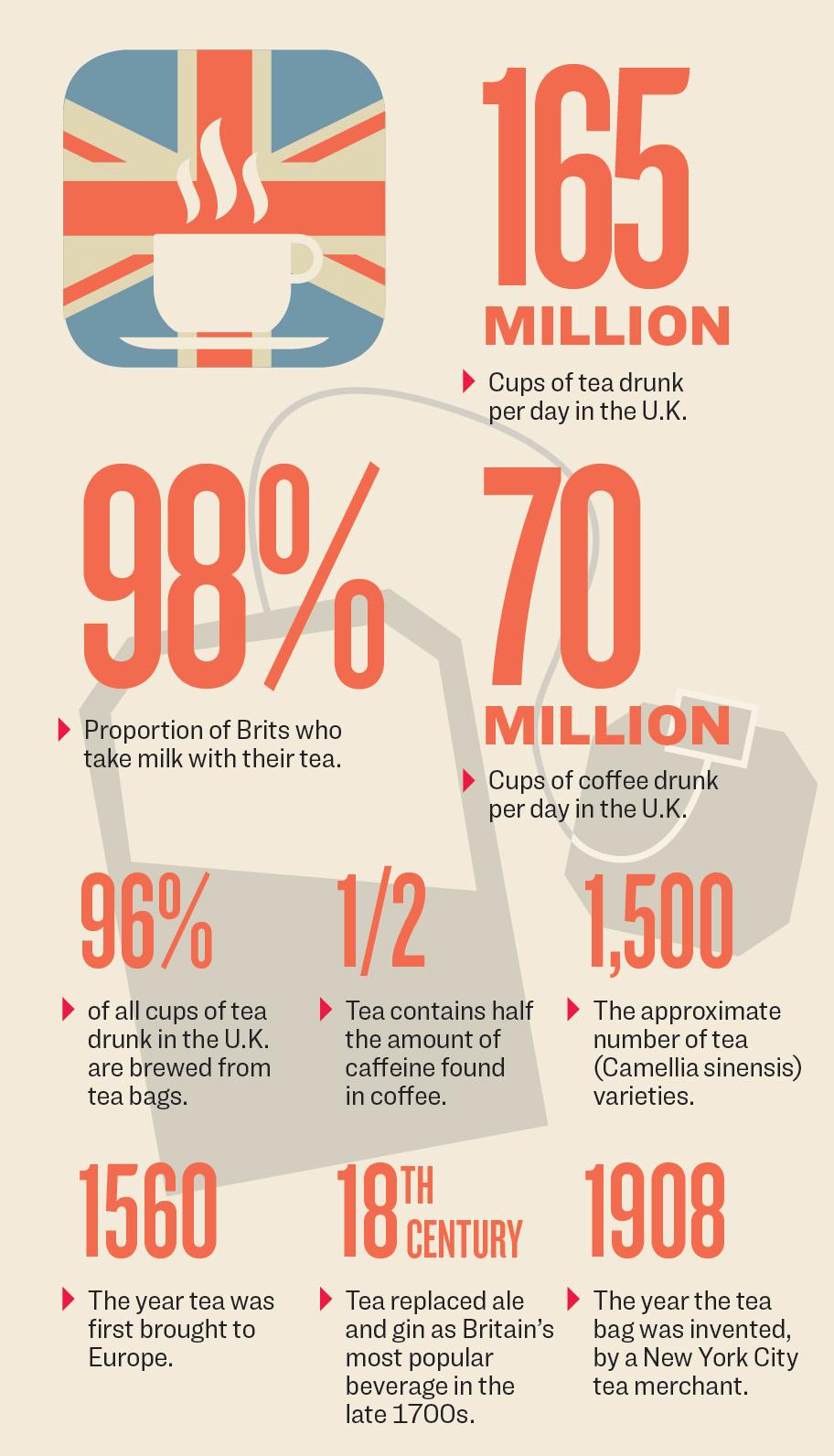BIRMINGHAM, England—The popularity of British traditional afternoon tea, with cakes, scones, and tea served in fine china, has grown in recent years among tourists and Brits alike. But it may not be enough to stop the demise of the traditional cuppa.
Even as Brits head for the famous afternoon “cream teas” and beaches of the southwest this summer, they are more likely than ever to grab a latte or an Americano for the journey.
Statistics show the traditional British brew—black tea with milk—has declined steadily in recent years.
In cafes, pubs, and tea and coffee shops, Brits now drink 2 1/2 times as many cups of coffee as they do tea.
Coffee shops have sprung up everywhere in the last couple of decades, replacing the legions of greasy-spoon cafes that offered a staple of super-strong “builder’s tea,” together with traditional fry-ups.
But Bill Gorman, executive chairman of the U.K. Tea & Infusions Association, says coffee’s growing dominance on the high street isn’t repeated at the kitchen table. Britain is still not a coffee drinking nation, he said.

ILLUSTRATIONS BY SHUTTERSTOCK





